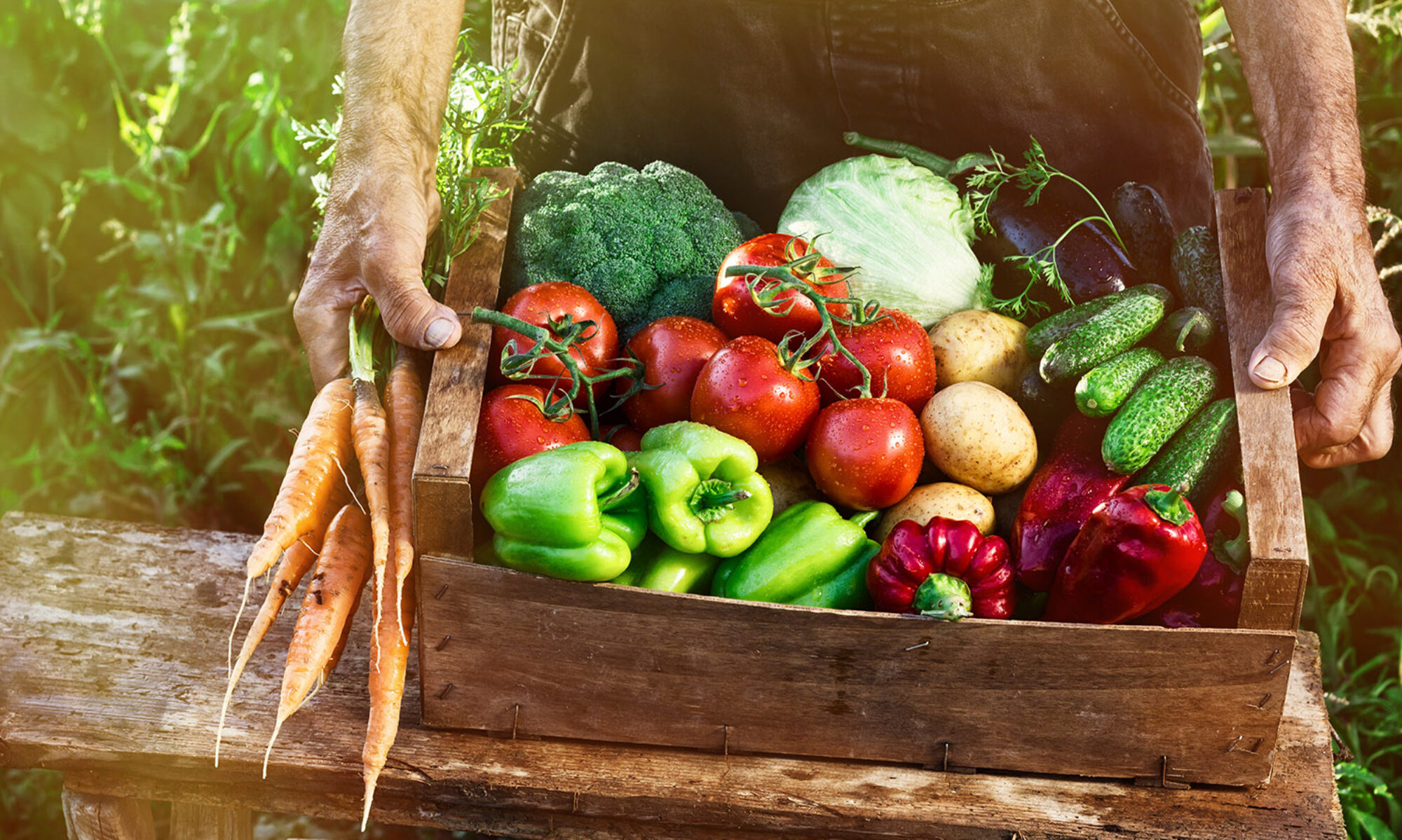Written by Kristina Ellis , 3L at University of Denver Sturm College of Law and 2018-2019 Co-President
I picked up Baylen Linnekin’s book after the 2017 Food Law Student Leadership Summit. I had the pleasure of being in Baylen’s seminar on urban foraging and the law at the Summit. Inspired by his talk, I came home and purchased his book. Who wouldn’t? It’s literally a book questioning food laws in general. As a law student you think, laws are pretty good, we should regulate food. The government has scientists to tell them what should go in our food and what shouldn’t be there. These laws keep people from getting sick and ensure we have enough food for everyone. Why would we want to question food regulations? Aren’t they there to keep us safe? After a few hours of reading this
book my mind star
ted to change.
The book hooks you as it starts off with a story about a restaurant in Denver that is practically forced out of business because the USDA, out of nowhere, tells the restaurant it can no longer cure its meats the old-world way (without preservatives). If you love food, and especially love cured meats like prosciutto or salami, this might enrage you to find out that the USDA helped shut down a great restaurant in the name of food safety. Now food safety is important, yes, but this is a case where no one had ever reported getting sick from the cured meat and on top of that the USDA had done many health inspections where it allowed the restaurant to cure its meat without preservatives. It was something that shocked me to think about. Our government’s constant adding of food regulations and laws is actually harming great food businesses, businesses that help keep old cultures alive, and that keep preservatives and harmful chemicals out of our bodies.
And that’s the sort of reaction I gather Baylen wants from his book. Baylen opens up the world of food law and regulation and shakes it up a bit showing the reader that maybe, just maybe we are doing something wrong with allowing the government to regulate and make laws around what we eat. From raw milk to school lunch programs to foraging, Baylen’s book will make you root for taking away government regulation and replacing it with more food sovereignty laws across the Nation. If you are a law student looking for an educational book that isn’t a law textbook but still teaches you about food law, this is a great book to read.
I highly recommend grabbing a copy today (even though it’s a little pricy for only 200 pages worth of material, but then again, we typically pay over $200 for law books we don’t even read all of). You won’t be sorry you did.
